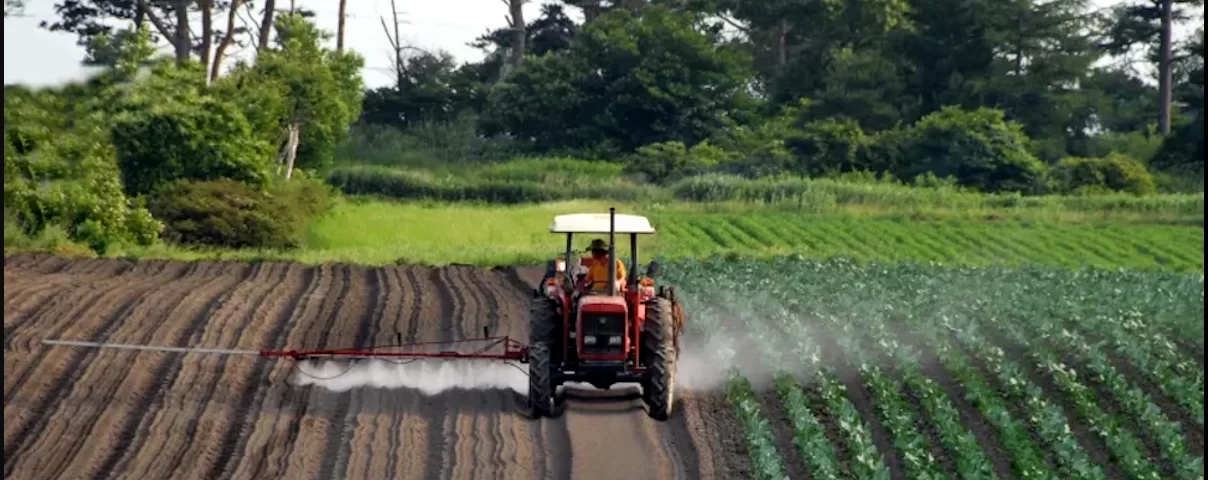by Silvia Ribeiro, published on Resumen, March 26, 2022
Food prices rising rapidly, apparently as a consequence of the war in Russia and Ukraine is having serious impact for many populations, exposing the global vulnerability in which the industrial agri-food system dominated by transnational corporations places us.
According to United Nations sources, we are on the verge of a new global crisis due to high food prices and famine, as a domino effect of rising fuel prices, restrictions on exports of synthetic fertilizers of which Russia is a major producer, as well as wheat, corn and sunflower oil from Russia and Ukraine. Between them, these two countries account for 28 percent of world wheat exports.
Paradoxically, the world’s leading importer of wheat is Egypt, which is part of the crop’s center of origin, as is Turkey, another major importer. Egypt imports more than 60 percent of the wheat it consumes, 80 percent from Russia and Ukraine, now suspended because of the war. Mexico, the center of origin of corn, is the main global importer of corn, mainly due to the demand of large livestock industries, mostly transnationals.
This is not due to a lack of conditions for the production of these two crops to supply human consumption, but to corporate strategies whose goal is profit, not food security, within the framework of national and international policies that facilitate and allow such outrages to go on. (https://bit.ly/3uqPN3X).
Although import percentages in some countries are high -such as those mentioned above and others in the Middle East and Africa (North, Sub-Saharan countries and the Horn of Africa) and some Asian countries, making these countries very vulnerable-, in reality exports are a minor percentage of global wheat and corn production. Wheat, maize and rice, the world’s main staple food grains, are produced domestically at 75 to 90 percent. In the world production volume, Ukraine’s exports of wheat are about 3 percent and less of corn. In the case of Russian exports, it is 4.5 percent for wheat and 0.5 percent for corn (https://www.csm4cfs.org/).
However, despite the fact that there is no shortage, because last season’s crops are still being marketed, wheat increased 35 percent in the last month due to speculation about uncertainties. Therefore, the volume of exports alone does not explain the soaring food prices. What does is the convergence of factors, fundamentally speculation – shielded by wars – by agribusiness transnationals, from those involved in field inputs (seeds, pesticides and fertilizers), to those involved in distribution, grain trade, processing and consumer sales.
These companies take advantage of the situation to raise prices arbitrarily and advance with measures that add negative impacts. On the one hand, they are pushing to open more land to large extensions of industrial crops, to the detriment of natural ecosystems, peasant grazing areas and other non-industrial uses, as well as to intensively use fallow land (resting for regeneration after harvests). The United States has relaxed federal restrictions in this respect and European countries are considering it.
For these lands, agribusiness transnationals argue that transgenic crops should be used, with a high use of agro-toxic inputs, and in view of the eventual lack of synthetic fertilizers, they envision the use of genetically modified microbes. The lobbying of fodder companies for industrial animal breeding made Spain and Portugal open the import of transgenic crops from Argentina on March 24, something that until now was forbidden in Europe.
In these two countries, as in Mexico, corn and soybean imports are not for the population, but mainly for industrial fodder for large-scale animal breeding, which could be decentralized and based on other feedstuffs. Now, with the excuse of future shortages due to the war in Ukraine, pressure is increasing for Europe to open up to the import of GM wheat from Argentina.
All the measures proposed by the industry and considered by the US and Europe imply a serious reversal of the limits on the use of pesticides on crops and on pesticide and GMO residues in foodstuffs.
Raj Patel, food industry analyst and author of the book Obese and Starving, states that the current food price increase will affect above all the populations of the global south and the marginalized in the global north, due to the convergence of the impacts of the “4 C’s”: Covid, conflicts, climate change and capitalism (https://bit.ly/3JKdM4G).
It is not the war in Ukraine -terrible in itself for the deaths and devastation it entails- that is the main cause of the looming global food crisis, but its convergence with the agro-industrial food system and the interests of the transnational corporations that control it, causing climate chaos, obesity, pandemics and diseases of the people and the planet. There are alternatives that require urgent support, especially now, based on peasant agroecology for food sovereignty.
Source: La Jornada translation Resumen Latinoamericano – English
